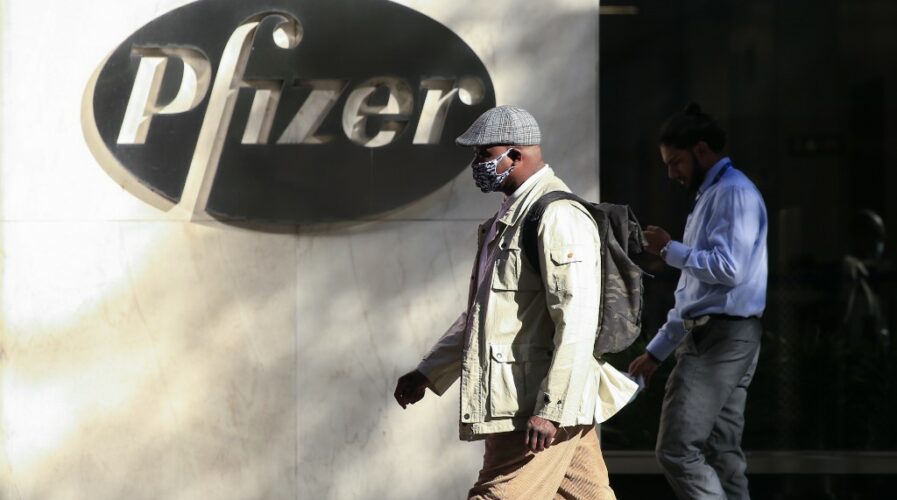
Could Vaccine endeavors be undermined by ransomware? Source: AFP
Pfizer vaccine prompts Australian biotech investments
- Pfizer’s new COVID-19 mRNA vaccine has 90% efficacy, prompting calls in Australia to developed their own biotech capabilities rather than relying on imports
US drug kingpin Pfizer announced this week that early trials of its COVID-19 vaccine were proving to be resilient and effective in preventing the virus in test subjects, sparking other countries to step up investments in biological technologies (biotech) research.
Pfizer’s and partner BioNTech’s advanced trials found that the vaccine was more than 90% effective in preventing the disease among trial volunteers.
If the results hold up after collecting the recommended two months of safety data, that level of protection would put it on par with highly-effective childhood vaccines for diseases such as measles.
Pfizer’s senior vice president and the head of vaccine R&D Kathrin Jansen called the discovery of a potential vaccine with the year “a historical moment.”
The positive news has drawn major interest in Asia Pacific (APAC) markets, and it appears Pfizer and BioNTech have already reached an agreement with the Australian government to supply 10 million doses of the vaccine by 2021.
Australia now has deals for four separate vaccine candidates, but the Pfizer vaccine is the only that uses “messenger RNA” (mRNA) biotech, a new approach in vaccine making that instructs the body how to build an immune response to coronavirus. It is hoped mRNA technologies can also be used to develop therapies for other illnesses including cancer.
Australia does not yet have capacity to make mRNA biotech, so Pfizer’s products would be imported. With the Pfizer test results coming out promising, homegrown research into mRNA production is being strongly encouraged.
“It’s incredibly promising — to have a level like 90% efficacy is quite remarkable. I had been hopeful of 60% [efficacy]. Ninety percent is pretty striking,” commented RMIT vaccine researcher Dr. Kylie Quinn. “If we invest in infrastructure now, it’s investing in pandemic preparedness.”
Last month the government acknowledged local production of mRNA vaccines would take longer than protein-based vaccines in Australia due to mRNA biotech being so new, but pledged to cast a wide net when planning vaccine investments.
Investors have also been quick to caution that despite enthusiasm for the early data from Pfizer, there will still be plenty of hurdles on the path to getting the product to market. And localized developments of mRNA might yield quicker potential in a shorter timeframe.
Global biotech firm CSL is set to begin manufacturing millions of vials of one of the other promising coronavirus vaccines in Melbourne, in the hope trials will prove it is effective and can be rapidly distributed.
There are more than 150 candidate COVID-19 vaccines, most of which are in pre-clinical stages, meaning they are still being tested on animals or in labs. About 40 have reached human trials.
READ MORE
- Safer Automation: How Sophic and Firmus Succeeded in Malaysia with MDEC’s Support
- Privilege granted, not gained: Intelligent authorization for enhanced infrastructure productivity
- Low-Code produces the Proof-of-Possibilities
- New Wearables Enable Staff to Work Faster and Safer
- Experts weigh in on Oracle’s departure from adland


